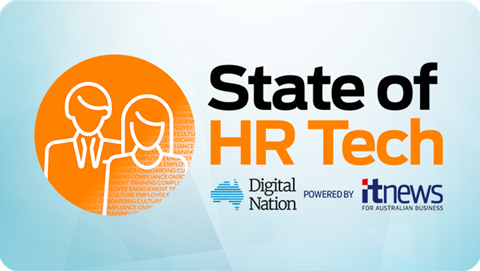Belonging is a pivotal value in a company’s diversity, equity and inclusion (DEI) program.
According to Harvard University, belonging means that everyone is treated and feels like a full member of the larger community, and can thrive.
Carin Taylor, chief diversity officer at Workday discusses with Digital Nation how leaders can help bring a sense of belonging in a workplace.
She said one of the best ways to enact a sense of belonging in a workplace is to embrace understanding.
“Lean into leading with more empathy and compassion. The more that you lean in with empathy and compassion, you can understand the heart of where someone is coming from.
"Whatever your stresses are, it's important that a manager, a people leader, or even your colleagues, can understand what [your] challenges are,” she said.
Taylor added that organisations should continue to hone in on the notion of belonging is critical for organisations and leaders, as they continue to play out all of these things that continue to impact our employees.
Taylor explains that leaders should embrace the feeling of being uncomfortable when having conversations around diversity.
“We all have a level of capacity, where eventually we're going to start pushing back. Unfortunately, within the DEI space, the conversation is getting harder and more uncomfortable.
“Until we get to a point where we can help people step through those levels of discomfort, and have those conversations, that's how we're going to power through,” she said.
Taylor said ignoring the tough conversations doesn’t help and doesn’t stop them from being there.
“If you think about it, we push through hard things all the time. We make hard decisions all the time. Sometimes when it gets to DEI because it's so uncomfortable, we have a little bit more pushback,” she said.
Taylor used the analogy of someone who wants to become a mathematician and someone who doesn't.
“If I want to become a mathematician, I'm going to get through algebra, and I'm going to push through calculus,” she said.
“But if I don't want to be a mathematician, I'm going to hightail it and run the other direction, because calculus is too hard.”
“DEI is very similar, when we get to our own capacity where it gets too hard, we start to retreat a little bit. But it is figuring out how you get a little bit past the hard things so that you can grow,” she added.


_(20).jpg&h=140&w=231&c=1&s=0)

.png&h=140&w=231&c=1&s=0)
_(22).jpg&h=140&w=231&c=1&s=0)



_(26).jpg&w=100&c=1&s=0)

 iTnews Executive Retreat - Security Leaders Edition
iTnews Executive Retreat - Security Leaders Edition











_(1).jpg&h=140&w=231&c=1&s=0)



